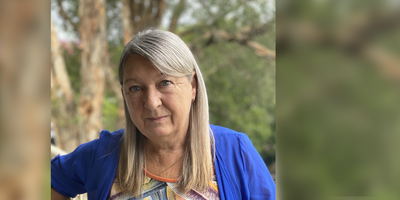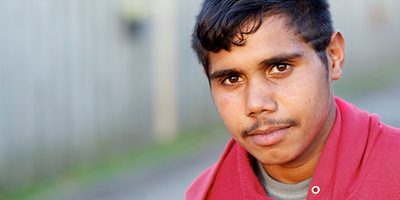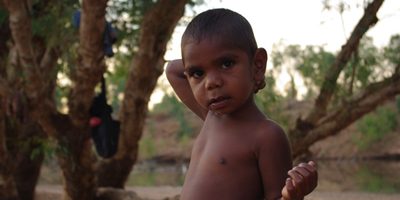
Understanding burns in Aboriginal and Torres Strait Islander children: treatment, access to services and outcomes (Coolamon study)
Burns in children can be a devastating injury, causing life-long scarring, severe psychological trauma and loss of function in multiple domains. Aboriginal and Torres Strait islander children experience burns at least double the rate of other children.
Having consistent access to high quality care is fundamental to good outcomes in burns care. There are well documented barriers to access to both tertiary and primary healthcare for Aboriginal and Torres Strait Islander people in both urban and rural/remote settings. However, despite the significant burden of burn injury, to date there has been no work that examines care received, or its impact on outcomes in Aboriginal and Torres Strait Islander children.
This study will follow a group of Aboriginal and Torres Strait Islander children in four states - New South Wales, Queensland, South Australian and the Northern Territory - who go to a tertiary burn unit following a burn injury. We will examine care received (including cost), describe the relationship between care and functional outcome, and identify barriers and facilitators to receipt of appropriate, ongoing care.
This research allows us to work with clinicians, policy makers and community to develop a ‘blueprint’ for reform of services, to ensure Aboriginal children receive appropriate and cost-effective care, and inform service delivery and future programs.
Related People
-
Professor Kathleen Clapham
Australian Health Services Research Unit, University of Wollongong -
Professor Andrew Holland
The Children’s Hospital at Westmead and The University of Sydney -
Professor Roy Kimble
Queensland Children’s Medical Research Institute -
Delia Hendrie
Curtin University -
Associate Professor Belinda Gabbe
Monash University -
Dr Tom Potokar
Welsh Centre for Burns and Plastic Surgery -
Professor Ronan Lyons
Swansea University







